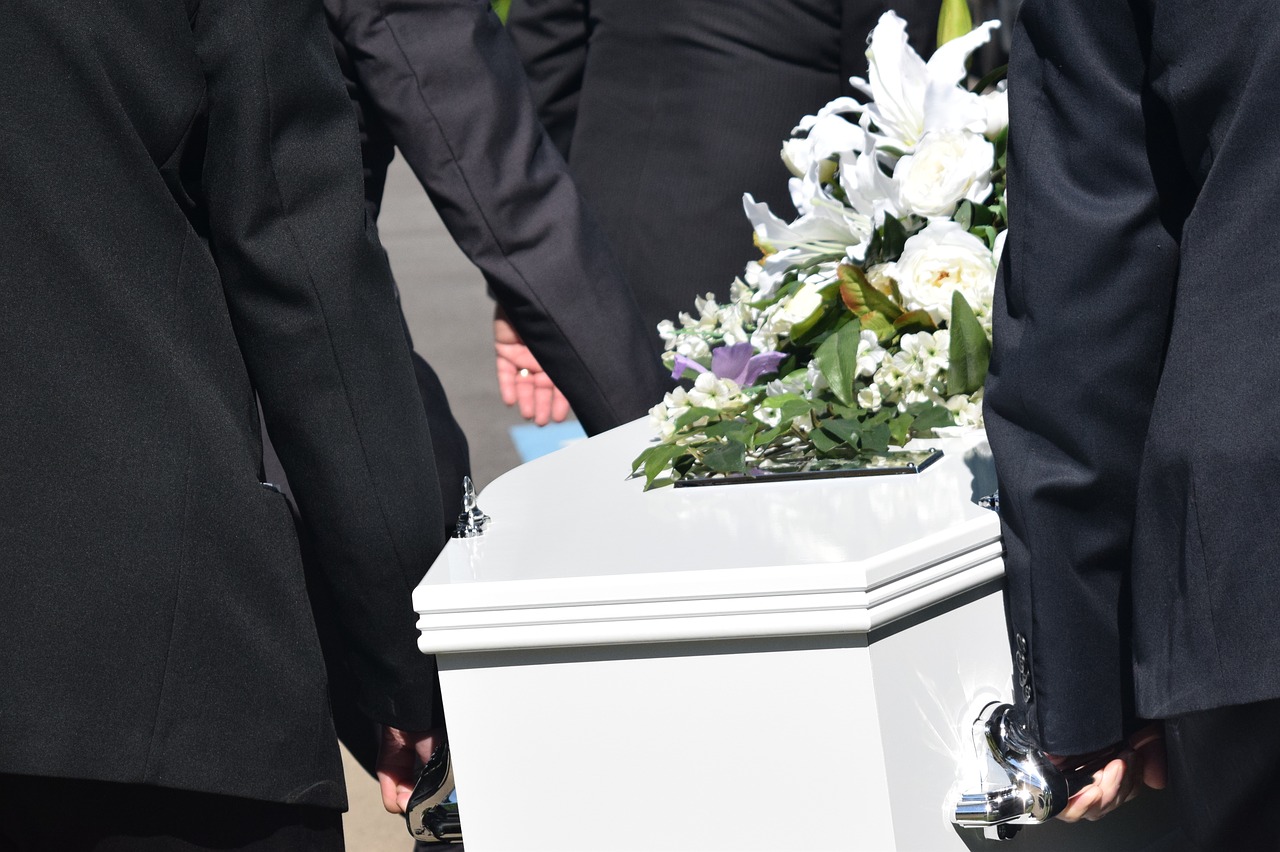Family members who are caring for a dying loved one are often mentally and behaviourally prepared for the death but require support to ensure they are emotionally prepared, new Curtin University research shows.
The paper, published in the Journal of Pain and Symptom Management, was the first study to focus solely on the experiences of family carers when preparing for a relative’s death.
Lead author Associate Professor Lauren Breen, from the School of Psychology at Curtin University, said the research offered important information for palliative care services that might assume that family carers are emotionally prepared for their loved one’s death given the length of their illness.
“There is a tendency to assume that family caregivers are prepared for the death of the person they have been caring for, but this research shows that is not always the case,” Associate Professor Breen said.
“While family carers might be mentally prepared in the sense that they are aware of their loved one’s symptoms and prognosis and behaviourally prepared because they have planned the finances, Wills or funeral, many do not feel prepared emotionally for life after their loved one has died. Carers tend to be so busy with the tasks of caring that focussing on their own preparations often takes a backseat.
“This is an important aspect in a family carer’s preparation for their loved one’s death because a failure to address all these issues can be linked to post-death complicated grief, depression and anxiety.”
Associate Professor Breen said the research showed family carers would benefit from additional support to ensure they are emotionally prepared for their loved one’s death.
“Palliative care services should not assume that all family caregivers are well-prepared for the death, even if they have been caring for their loved one for a considerable amount of time,” Associate Professor Breen said.
“Family carers would likely benefit from being prepared for their loved one’s death, and this study shows we really should talk more about these issues in the community.”
As part of this study, 16 family carers, aged 45 to 77 years, were interviewed about their experiences in caring for a family member receiving palliative care. The majority of patients had a cancer diagnosis.
The paper, which also involved researchers from La Trobe University and the School of Nursing, Midwifery and Paramedicine at Curtin University, and was funded by the Australian Research Council as part of a larger study, can be viewed online here.



































